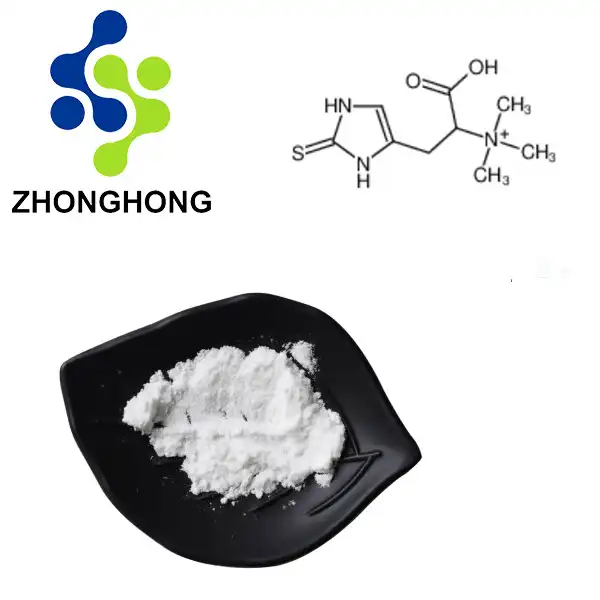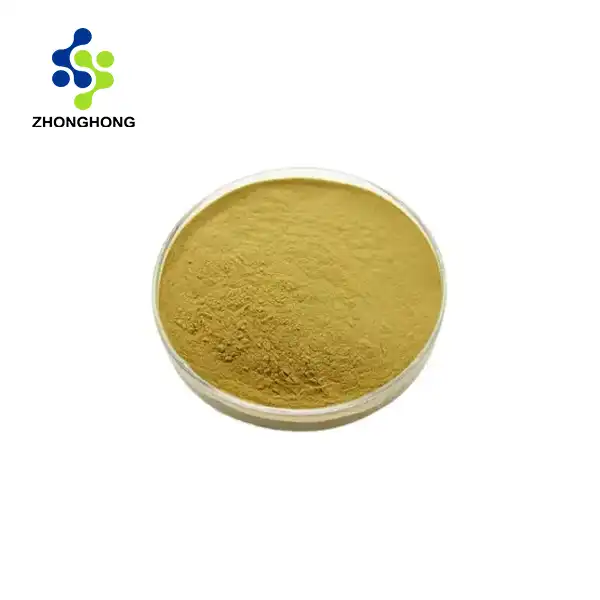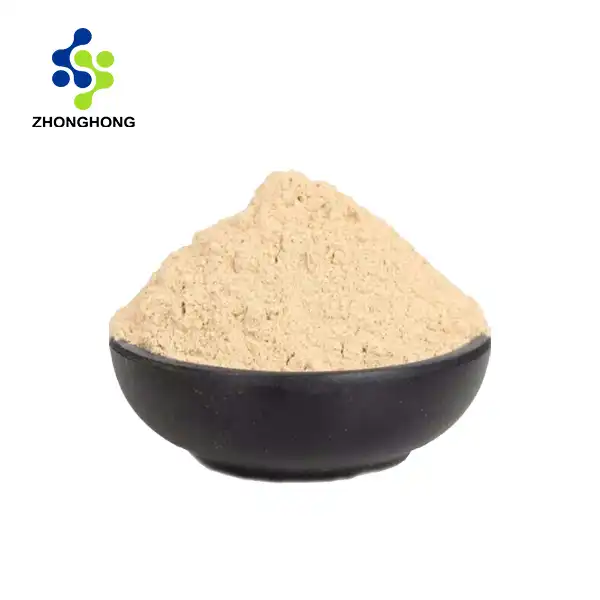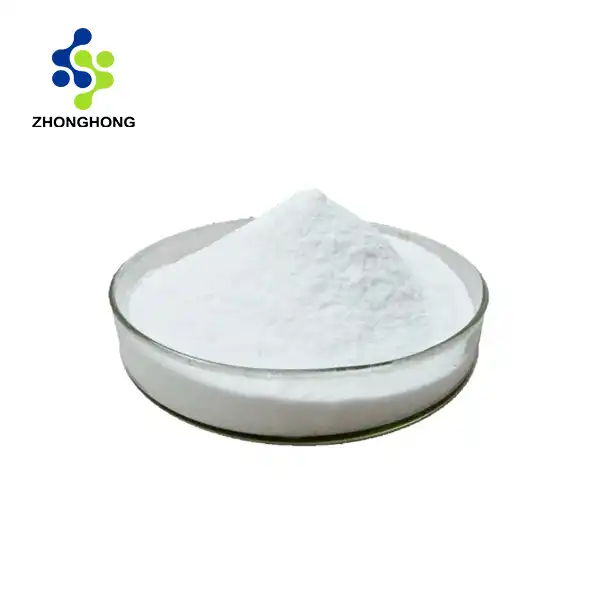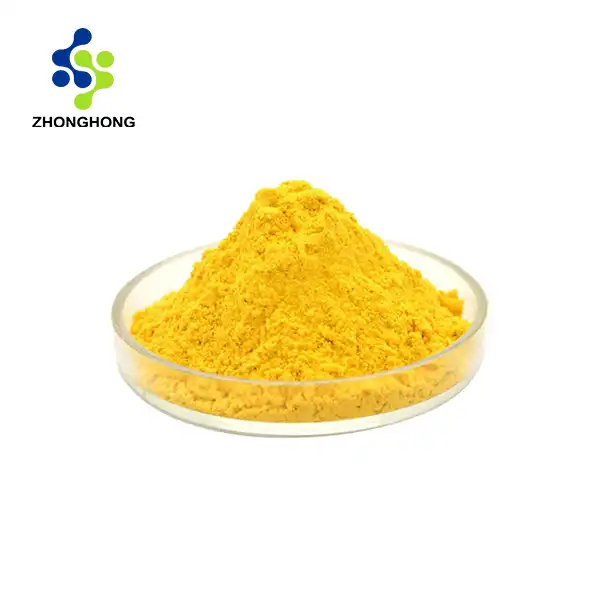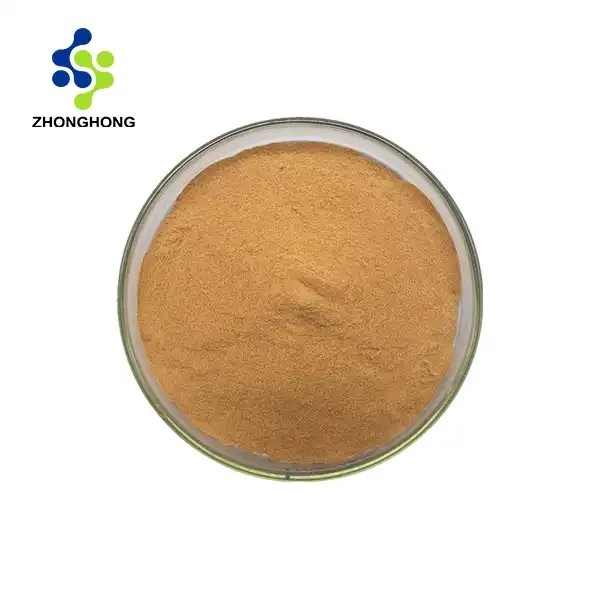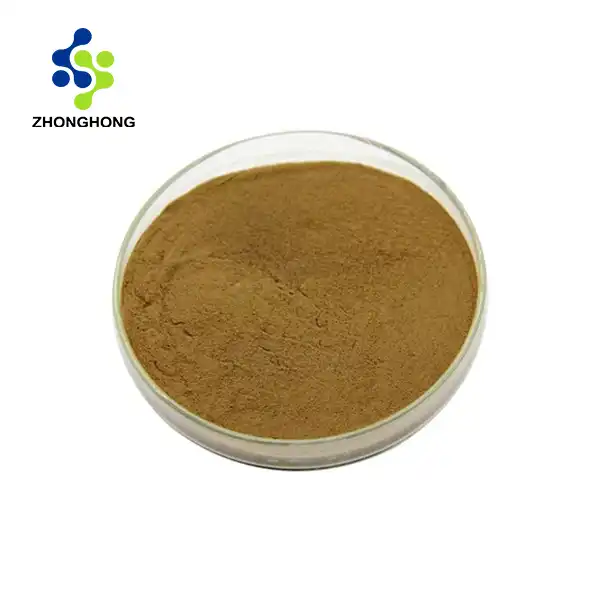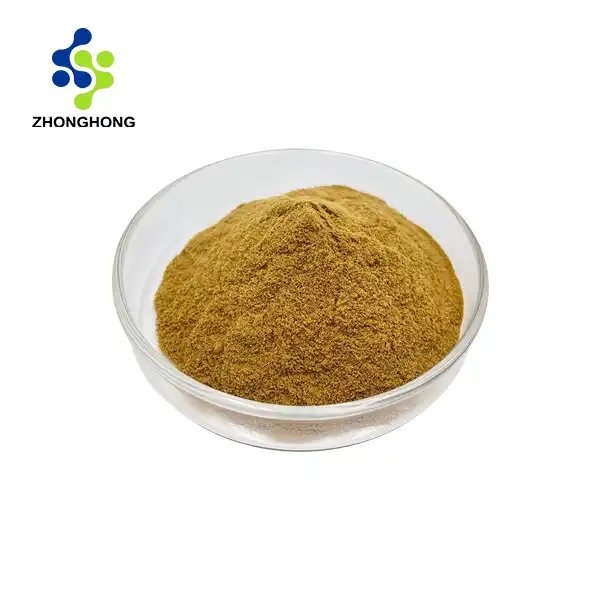Eco-Friendly Uses for Puncturevine
Natural Pest Control
Puncturevine caltrop fruit has emerged as a potential solution for natural pest control, offering an eco-friendly alternative to chemical pesticides. The plant's sharp, spiky fruits and distinctive scent deter certain pests, creating a protective barrier for crops and gardens. By integrating puncturevine into pest management systems, farmers and gardeners can reduce reliance on synthetic chemicals, minimizing environmental harm and protecting beneficial insect populations. This sustainable approach not only supports healthier ecosystems but also aligns with the growing demand for organic farming methods, making puncturevine a valuable ally in environmentally conscious agriculture.
Biodegradable Materials
The fibrous structure of puncturevine caltrop fruit presents exciting possibilities for creating biodegradable products. Scientists are exploring its potential as a raw material for eco-friendly packaging, disposable utensils, and other sustainable items. Utilizing puncturevine fibers in manufacturing could help combat plastic pollution by providing a natural and renewable alternative to synthetic materials. This innovation supports a circular economy, where waste is minimized, and resources are repurposed. As research advances, puncturevine may play a significant role in reducing the environmental impact of packaging and promoting sustainable consumption practices.
Phytoremediation
Puncturevine caltrop offers a promising solution for environmental cleanup through its phytoremediation capabilities. The plant can absorb and concentrate heavy metals from contaminated soils, making it an effective tool for detoxifying polluted areas. By cultivating puncturevine in industrial sites or regions affected by mining and waste dumping, we can leverage its natural ability to extract toxins and restore soil health. This method not only reduces contamination but also supports ecosystem recovery, providing a cost-effective and sustainable approach to environmental restoration and pollution management.
Can Caltrop Fruit Combat Soil Erosion?
Root System Benefits
The deep and extensive root system of puncturevine caltrop plays a vital role in combating soil erosion. These roots penetrate deeply into the ground, binding soil particles together and providing structural stability. This reduces the risk of soil displacement from wind or water erosion. In areas prone to desertification, landslides, or loose soil conditions, planting caltrop can act as a natural barrier against land degradation, helping to stabilize the terrain and preserve soil integrity for sustainable land use.
Ground Cover Properties
Puncturevine caltrop's sprawling growth habit creates a dense ground cover that effectively shields the soil from erosive elements. Its low-lying, mat-like spread reduces the impact of raindrops, minimizes wind exposure, and prevents soil runoff on steep slopes or arid landscapes. This natural protective layer is particularly useful in regions where soil loss poses ecological and agricultural challenges, making puncturevine a valuable plant for promoting soil conservation and mitigating the adverse effects of erosion.
Moisture Retention
Puncturevine caltrop contributes to soil moisture retention, an essential factor in preventing erosion. Its leaves and stems act as a barrier against rapid evaporation, helping to keep the soil hydrated. Meanwhile, its root system enhances water infiltration into deeper layers, promoting a stable moisture profile. This dual effect supports the growth of surrounding vegetation and fosters a healthier, more resilient ecosystem. By conserving moisture, puncturevine not only reduces soil loss but also facilitates a balanced environment for other plant species.
Integrating Caltrop Fruit in Sustainable Farming
Crop Rotation and Soil Health
Incorporating caltrop fruit into crop rotation cycles can enhance soil health. As a nitrogen-fixing plant, puncturevine helps enrich the soil with essential nutrients, reducing the need for synthetic fertilizers. This natural soil improvement technique aligns perfectly with sustainable farming practices, promoting long-term soil fertility and crop productivity.
Livestock Feed Supplement
Puncturevine caltrop fruit has nutritional properties that make it a valuable feed supplement for livestock. Rich in saponins and other bioactive compounds, it can improve animal health and productivity when used in moderation. Sustainable farmers can cultivate puncturevine as a complementary feed source, reducing reliance on external inputs and creating a more self-sufficient farming system.
Biodiversity Enhancement
Despite its reputation as a weed, puncturevine can play a role in enhancing biodiversity on farms. Its flowers attract pollinators, while its fruits provide food for various wildlife species. By allowing controlled growth of puncturevine in designated areas, farmers can create habitats that support beneficial insects and animals, contributing to a more balanced and resilient agricultural ecosystem.
Conclusion
Puncturevine caltrop fruit, often overlooked or considered a nuisance, holds significant potential in promoting sustainable living and eco-friendly practices. From natural pest control to soil erosion prevention and sustainable farming integration, this resilient plant offers numerous benefits that align with our environmental goals. By reconsidering our approach to puncturevine and exploring its positive applications, we can harness its unique properties to create more sustainable and resilient ecosystems. If you want to get more information about this product, you can contact us at liaodaohai@gmail.com.
_1728976869676.webp)
